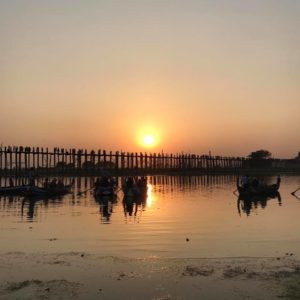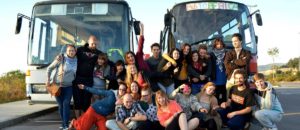I think we all know by now that we have to live more sustainably to avoid the worst effects of climate change and biodiversity loss. We probably know of several changes that we ought to be making, laws that should be passed and businesses that ought to behave better. If we know all this then why does it not happen? Because knowledge is not enough, we have to pay attention also to values, beliefs and attitudes.
Welcome to Absolutely Intercultural, show number 298, the podcast about all things intercultural. My name’s Anne Fox and this show is coming to you from Denmark. In this show I am going to be examining a European project, called SysMind which aimed to focus on the building of sustainable values. The SysMind project, based in Austria and with partners in Latvia, Turkey, Spain, Ukraine and North Macedonia, aimed to help teachers embrace diversity and explore the spiritual side of sustainability. One major outcome of their work was a free online course which you could join.
What could happen after you have done this course? Hear what Liidia, a teacher in a Ukranian forestry college, has to say.
But how do you grade students on their sustainability mindset? Our last segment will present one option which was developed by the high school students themselves: Let’s hear from their teacher, Piotr.
absolutely cooperative
So let’s go absolutely cooperativec by hearing why one of the partners, Ernestine, running a sustainable rural development organisation in southern Spain joined the SysMind project.
I must say that as I listened to Ernestine talk about her organisation, Fundacion Monte Mediterraneo, and had a look around their website I had a strong urge to visit myself in their holiday accommodation.
absolutely transformative
The SysMind project ran a blended course for teachers on how to promote a sustainable mindset in their students with an emphasis on values and spirituality partly through inclusion and embracing diversity. One of the course participants was Liidia who is a teacher at a forestry college in Ukraine. Let’s hear how this course was absolutely transformative.
And you could also start this journey from being uncertain what sustainability means to becoming your organisation’s go-to person on the topic, by taking the free online course that the SysMind project developed and which you can do in your own time.
absolutely mindful
How essential is the mindset to achieving sustainability? Ernestine in Spain had a radical opinion about this which I must say I could entirely sympathise with. Let’s see if you agree as we go absolutely mindful.
absolutely certificated
If we agree about the importance of a sustainable mindset, then how do we teachers know if our students have achieved that? In the SysMind project they used a method called Sus Mind Expert which was developed by the Pilgrim School network. In order to convince your teacher of your sustainable mindset you have 14 topic areas to choose from, that loosely reflect the 17 UN sustainable development goals, and for each of these topic areas, there is a video you can watch, a prompt activity that helps you consider the spiritual aspect of the topic area and then about ten mini projects from which you choose five, to display your sustainable mindset. These could include picking up litter, an art project, a zero waste week and so on. Show your teacher evidence that you have completed these mini projects and you can collect your Sus Mind Expert certificate. But how did this start? Let’s go absolutely certificated as we talk to Piotr, a religion teacher in a Pilgrim school who was witness to this.
Although it is a certificate, it is the experience of working up to the award of the certificate that is key here. You can see the whole document by following the link on our website. As a teacher, I can see that this could easily be tweaked to meet many learning contexts.
So what do you think? Should we stop climate change research and focus on implementation? Could Liidia’s transformative experience also happen to you? And what do you think about getting a certificate for your sustainable mindset? Thank you to the members of the Sys Mind project who shared their experiences with us for this show.
Write a comment or mail us, we could do a follow-up interview with you in one of our next shows. On our web page you can get more information about this show and previous episodes, and leave comments. And if you enjoyed the show, please like us on Facebook too.
By the way, did you know we are also on Apple podcasts and Spotify? You can subscribe to us there for free and give us a rating and a comment.
Our next show will be coming to you from Laurent Borgmann in Germany on 4th October.
Until then, stay tuned!
The host of this show is: Anne Fox

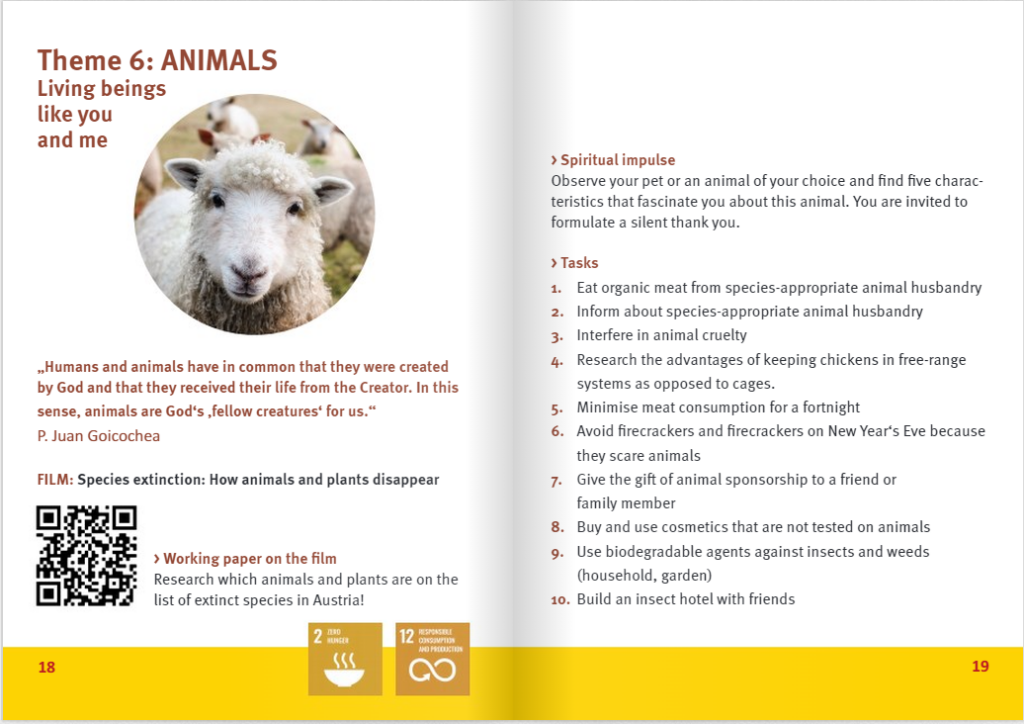
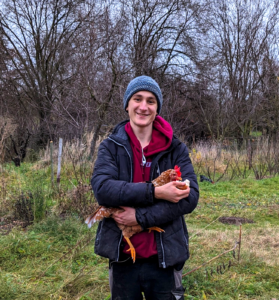
 Hello and welcome to show 263 of our podcast “Absolutely Intercultural”. Today we will talk about green culture. We have all heard about
Hello and welcome to show 263 of our podcast “Absolutely Intercultural”. Today we will talk about green culture. We have all heard about 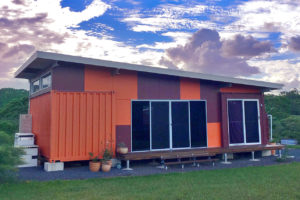 In this show, we will find out what life in a
In this show, we will find out what life in a 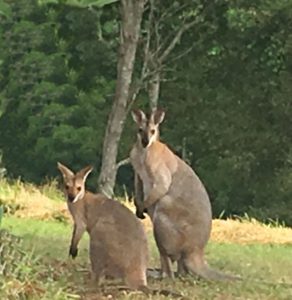 First, Uwe will explain the details of the fauna and flora around the container-home. In the second part, we will go inside the container and we will discover how to use smart ideas to live comfortably but in a sustainable way. And finally we learn how the couple used recycled materials in the construction of the container-home.
First, Uwe will explain the details of the fauna and flora around the container-home. In the second part, we will go inside the container and we will discover how to use smart ideas to live comfortably but in a sustainable way. And finally we learn how the couple used recycled materials in the construction of the container-home.